
All categories
Featured selections
Trade Assurance
Buyer Central
Help Center
Get the app
Become a supplier

(1409 products available)

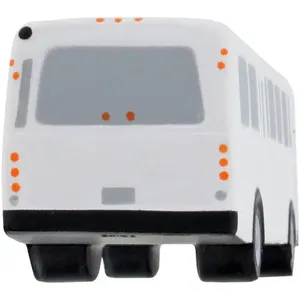
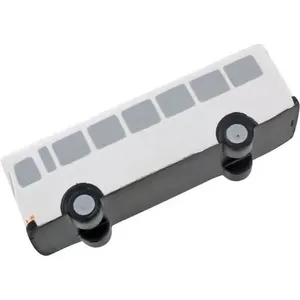
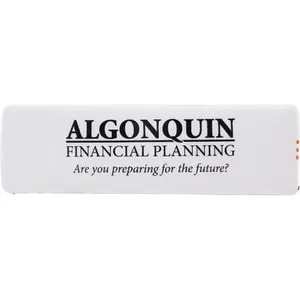
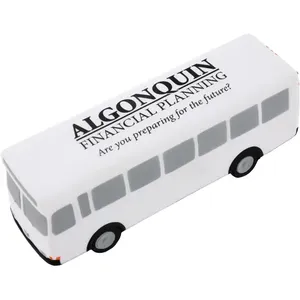
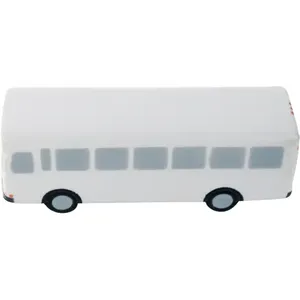








































Metro toys come in a variety of forms, influenced by the metropolitan culture, environment, and attributes. Here are some typical sorts of metro toys:
Subway Simulation Games
These toys permit kids to reenact the activities of a metro framework, including ticket selling, train planning, and traveler administration. They may incorporate a play mat addressing a city with a metro organization, little trains, and travelers.
Building Sets
These toys are intended to permit kids to build their metro frameworks. They incorporate tracks, stations, and trains that can be adjusted. They are an extraordinary method for kids to figure out how to plan and design metropolitan frameworks.
Die-Cast Models
These toys are copies of genuine metro trains. They are generally made of die-cast material and come in different sizes. Some models are very point-by-point and incorporate elements like point lights, train sounds, and entryway activity. Collectors highly esteem these models for their accuracy and detail.
Personalized Metro Toys
These toys permit kids to make their characters or train plans. They may incorporate erasable markers, customizable train skins, or modular parts that kids can join to make their metro toys.
Interactive Metro Toys
These toys accompany highlights like sounds, lights, and moving entryways. Interactive metro toys respond when kids contact them. They may incorporate push-button activity that creates the train's sound or lights up the toy.
Educational Metro Toys
These toys are intended to instruct kids about city transportation and the working of metros. They may incorporate books, puzzles, and games that address subjects like city preparation, designing, and public transportation.
When choosing a metro toy for children, there are several critical factors to consider to ensure it is age-appropriate, safe, and entertaining. Here is a guideline on how to choose metro toys:
Age Appropriateness
To ensure the child can use and understand the toy comfortably, check the recommended age range. Toys designed for younger children should be more straightforward and more robust, while those for older children can have more complex features.
Safety
The materials used to make the toys should be non-toxic and free from lead and phthalate. Also, ensure there are no small parts that could pose a choking hazard to younger children.
Durability
The material used to make the toy should be sturdy enough to withstand rough play. This is particularly important for toys for younger children.
Educational Value
Toys that encourage problem-solving, creativity, or other cognitive skills can be beneficial. Consider toys that teach concepts like numbers, letters, colors, or shapes in an entertaining way.
Reviews and Recommendations
Seek out reviews from other parents or trusted sources to gather information about the toy's performance, durability, and overall satisfaction. Recommendations from friends or family can also be helpful.
Price and Value
Compare prices and evaluate the features and quality of the metro toys to determine if they are worth the cost. Sometimes, spending a little extra on a durable toy that will last longer is worth it.
Return Policy
In case the toy does not meet expectations or has defects, check the retailer's return policy. This will give one reassurance that they can return the item for a refund or exchange if necessary.
Safety and quality are crucial for any product, especially for toys. That is why the metro toys are manufactured with concern for the safety and quality of the toys. The following are some of the safety and quality features of metro toys.
Non-toxic materials
Metro toys are made of non-toxic materials. The materials that are used to make the toys do not emit any harmful substances. That makes them safe for children to play with. Parents do not have to worry about their children being exposed to toxic chemicals when they put their toys in their mouths.
Rounded edges
Most toys have rounded edges to prevent injuries. Children can play with metro toys without the fear of getting cuts or bruises. Also, the rounded edges make it safe for younger children who may be playing with the toys.
Size consideration
Metro toys come in different sizes. Some are big, while others are small. Bigger toys are suitable for younger children because they cannot fit them into their mouths. Smaller toys are suitable for older children. This is because smaller metro toys have parts that can easily come off. And when a child tries to swallow the parts, it can be very dangerous. Therefore, size consideration is an important factor in the design of metro toys to ensure the safety of the toys.
Certifications
Metro toys have certifications that show they meet all the safety standards. One of the common certifications is ASTM. ASTM is an international standard organization that develops and publishes voluntary consensus technical standards. The standards cover toy safety, including mechanical and physical properties, flammability, and more. Toys with ASTM certifications have passed many tests and are safe for children.
Durability
Metro toys are made with quality materials that ensure their durability. The toys can withstand rough play from children without breaking into pieces. Also, the toys can last for a long time, even with regular use. It is also easy to clean metro toys. Buyers can wipe or wash the toys without them getting damaged.
Q1: What are metro toys?
A1: Metro toys are usually associated with metro city-themed toys, which are playthings that depict urban environments, cityscapes, and related activities. They often include miniature versions of city elements such as buildings, vehicles, and public infrastructure.
Q2: Are metro toys educational?
A2: Yes, many metro toys have educational value. They assist children in recognizing and understanding the elements of a city, thereby promoting imaginative play, fine motor skills, and cognitive development.
Q3: What age group are metro toys suitable for?
A3: Metro toys can be found for various age groups, ranging from infants and toddlers to young children and even adults in the case of high-end collectibles. It is important to consider the age recommendations provided by the manufacturer to ensure safety and appropriateness.
Q4: How can metro toys be maintained and cleaned?
A4: The maintenance and cleaning of metro toys vary depending on the materials used. However, it usually involves using a mild detergent and water for plastic toys, while dusting and polishing may be necessary for more fragile items like models and collectibles. Always refer to the manufacturer's care instructions for specific guidance.